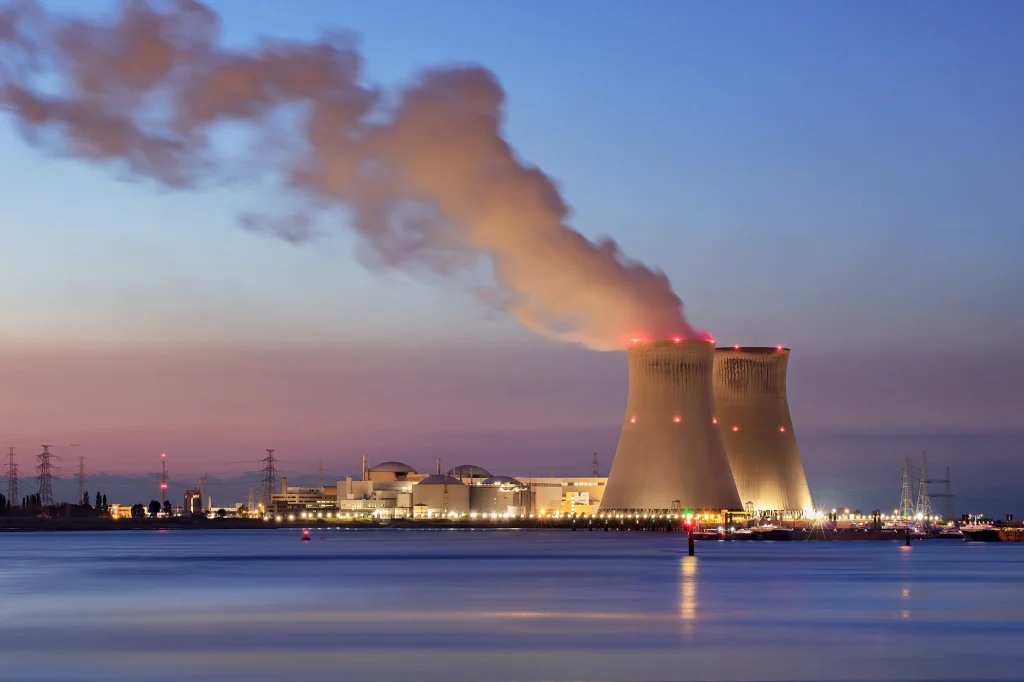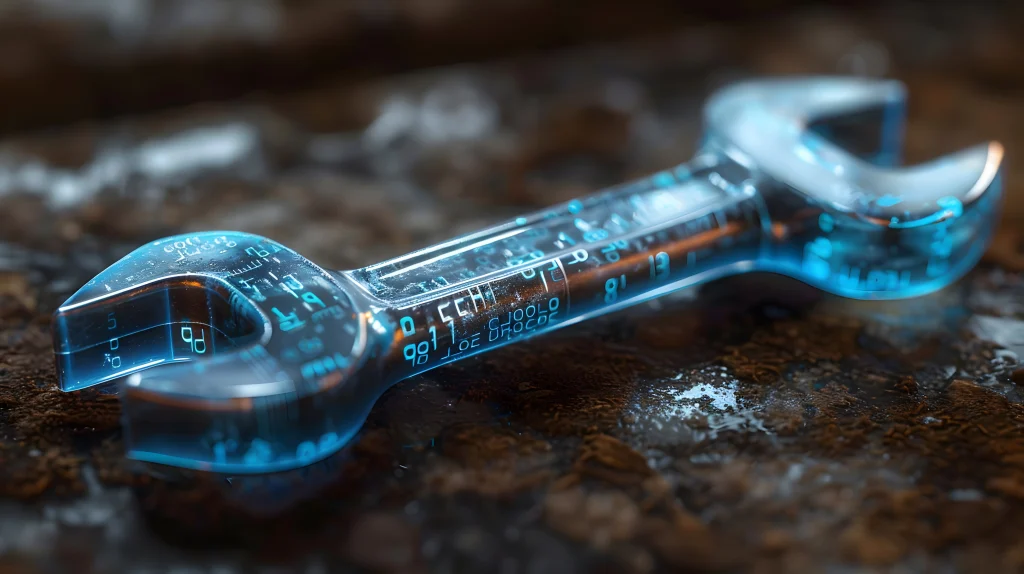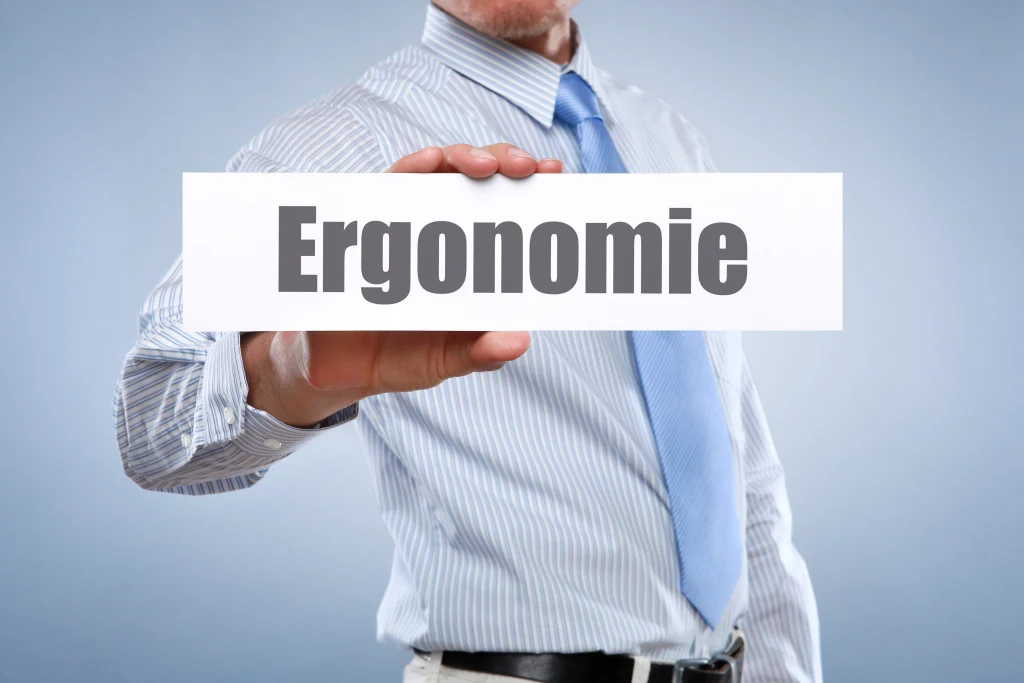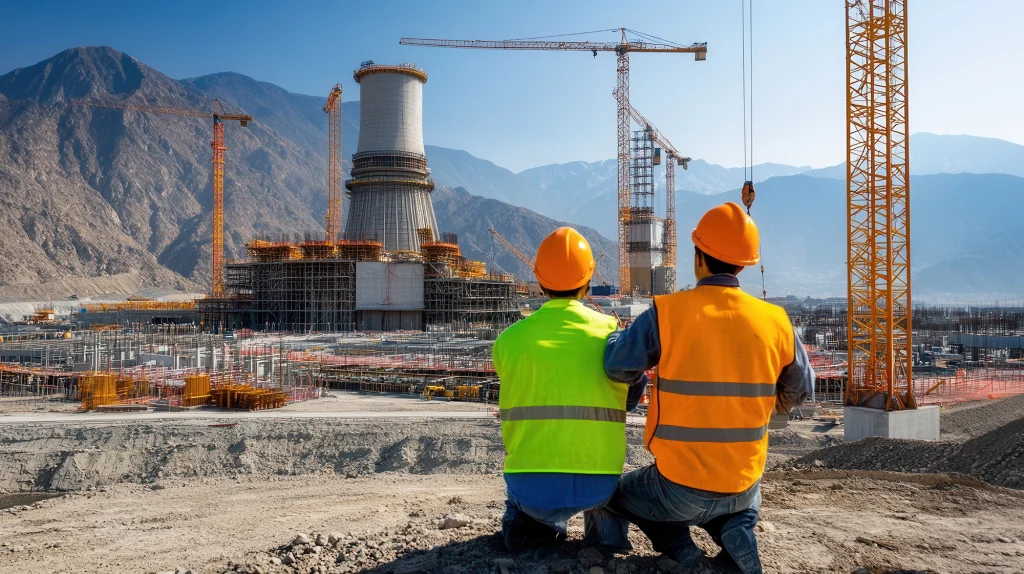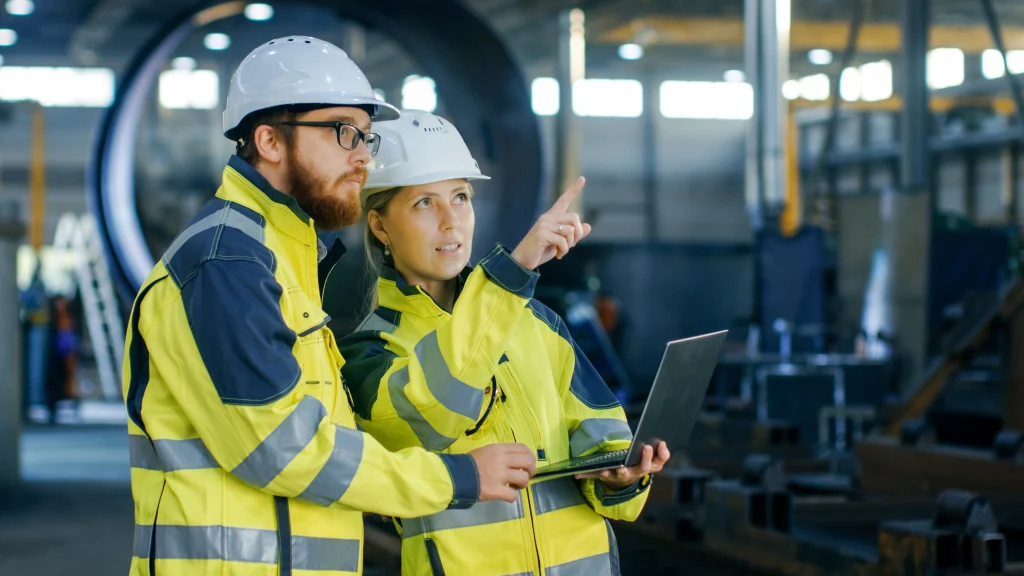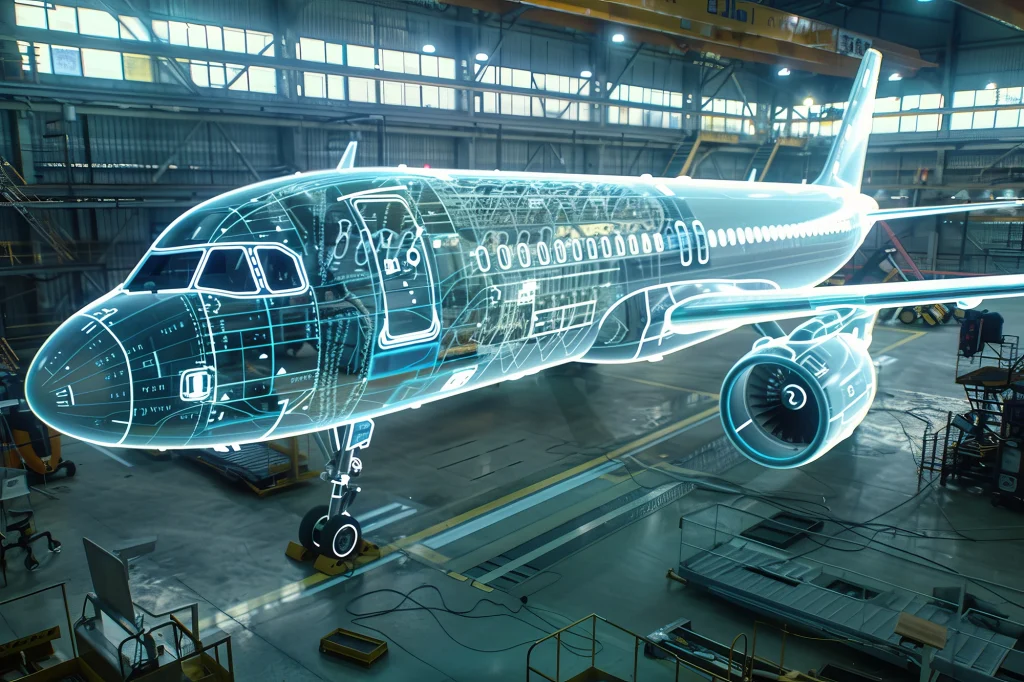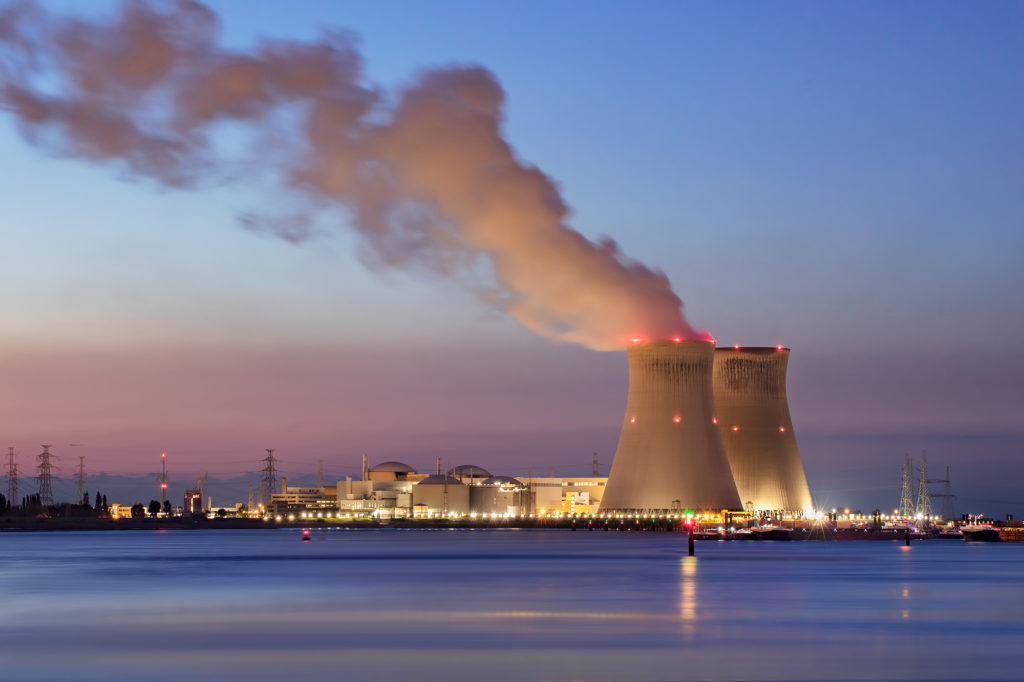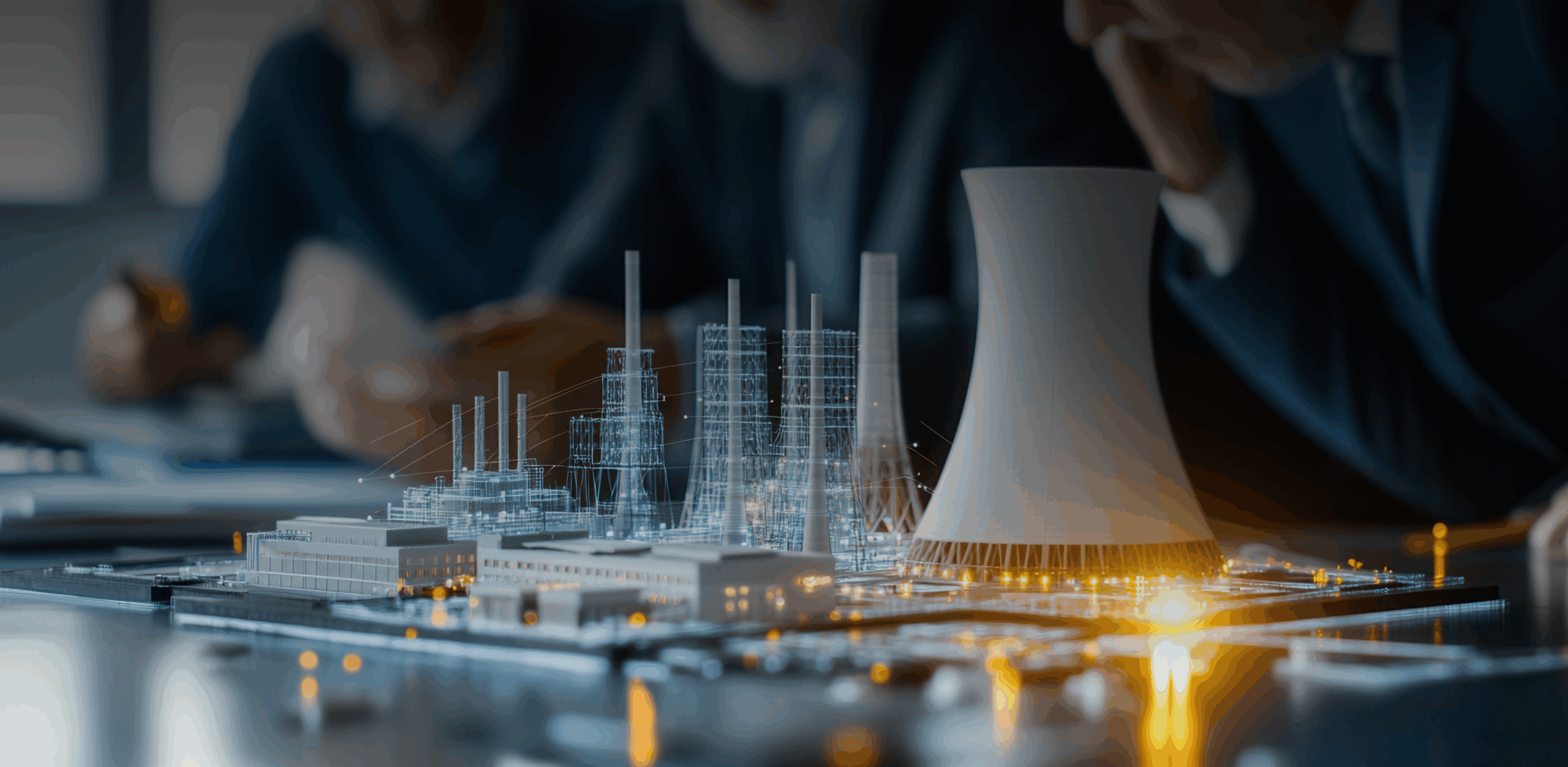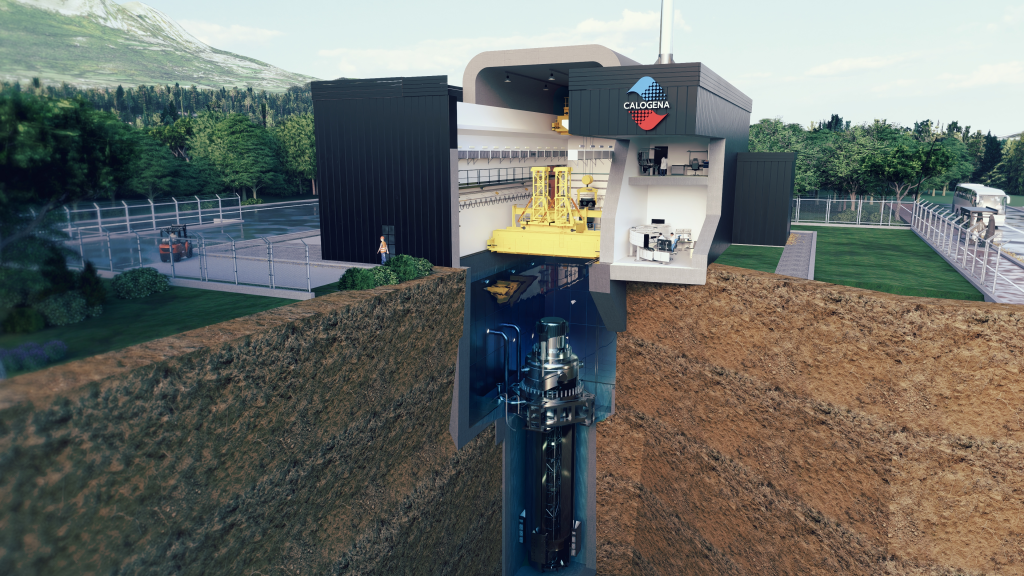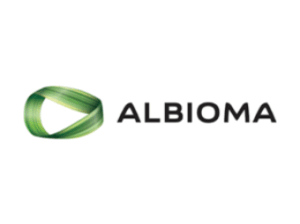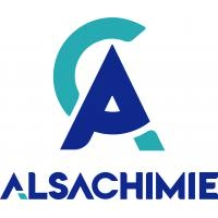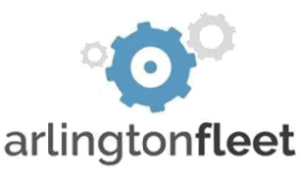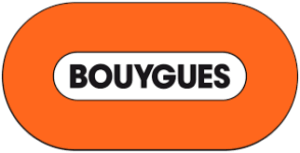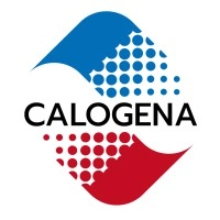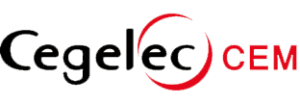The nuclear industry faces several challenges: upgrading of the existing fleet with the ongoing improvement of safeguarding systems, incorporating feedback and learnings from major accidents.
The second challenge is the decarbonisation of energy, which aims to reduce greenhouse gas emissions mainly emitted through the burning of fossil fuels. Within this framework, nuclear energy plays a key role, as it facilitates the production of large quantities of electricity without the emission of CO₂ while in operation. Nuclear energy isn’t limited to the production of low-carbon electricity: it can also contribute significantly to the decarbonisation of heat, particularly in urban heat networks.
Research reactors play a fundamental role in scientific, technological and industrial advancement in the nuclear industry. Unlike the power reactors used to generate electricity, their main objective is to serve experimentation platforms. They allow us to study the behaviour of materials under irradiation, test new combustibles and train nuclear industry technicians and engineers. These reactors are also vital for the production of medical radioisotopes, mainly used for diagnosing and treating certain diseases. What’s more, they contribute towards innovation by aiding the design of new-generation reactors that are safer and more efficient, with longer lifespans.
Seres Technologies supports strategic players in the nuclear industry by managing risks and working on innovative projects, including in particular the design of the small-scale, modular Calogena reactor, intended for city heating.
The Seres Technologies Group has been working for almost two decades across the full life cycle of civil and defence facilities, from design to execution and subsequent operation. In the civil nuclear industry, the Seres Technologies Group has been working on major projects such as new fleet power reactors (EPR 2), SMRs (Calogena), experimental reactors (RJH) and fuel and waste treatment and storage facilities. In the nuclear defence industry, the Seres Technologies Group works mainly on the reactors of surface vessels and submarines, improving the safety and performance of strategic infrastructure.

